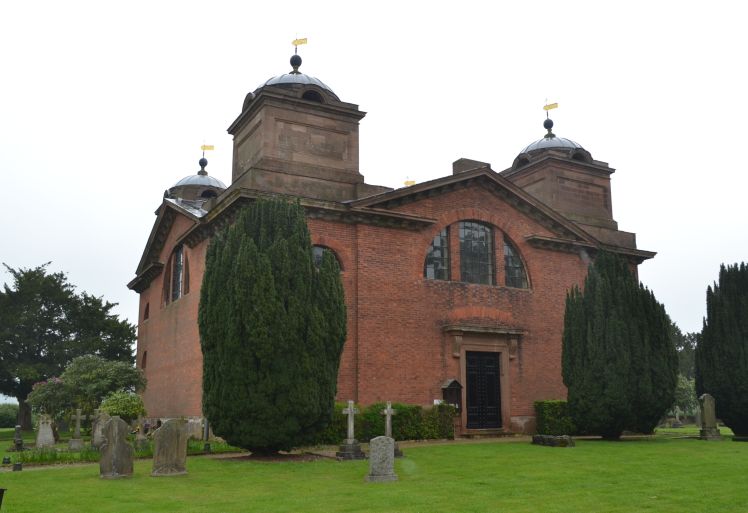The Berlin Staatsoper have just premiered a new production of Julietta on Saturday May 28th, 2016.
The performance was held at the Schillertheater, the Staatsoper's temporary home while its main house is being renovated.
Daniel Barenboim conducted, Claus Guth directed, Magdalena Kožená sang Juliette and Rolando Villazón was on stage throughout singing, acting and miming as Michel, the forelorn Parisian bookseller.
This dream play appears inspired by Martinů's exposure to French surrealism while he was in exile in Paris. Overt themes include the fickleness of memory and desire for forgetfulness. References to violence, loss of memory and wish for forgetfulness are especially poignant in the light of the date and place of the first performance: 16th March 1938 at the National Theatre in Prague.
At the start, Michel is seen as a source of hope of memory regained for other characters in his dream. Later Michel appears to wish to seek refuge in the world of dreams both to capture his ideal woman - Juliette - and to escape from a violent crime he may have committed.
Juliette as temptress through her songs provides a further theme, alluding to Homer, Odysseus and the Sirens, and to the old German Lorelei water spirit myth.
The dreamworld is also portrayed as a source of fear of a vaguely recalled transgression from within the dream itself or from the real world.
How good was it? The orchestra brilliant under Barenboim's baton. The leads were outstanding, especially Magdalena Kožená for her voice and Rolando Villazón for both voice and stamina. His prolonged indecision at the end of the third Act lost him a few audience members - would he return to real life or hide in his dreams? The brass and percussion struggled with the unremitting cascade from the smoke machine into the pit – making it difficult for them to see the conductor, though not obvious from the playing.
A fine touch, at the end of multiple lively curtain calls, the entire pit orchestra on stage with Daniel Barenboim.
For the music, plot and action - you should judge for yourself if you have the chance to go.
 |
| Schillertheater - Berlin |
The performance was held at the Schillertheater, the Staatsoper's temporary home while its main house is being renovated.
Daniel Barenboim conducted, Claus Guth directed, Magdalena Kožená sang Juliette and Rolando Villazón was on stage throughout singing, acting and miming as Michel, the forelorn Parisian bookseller.
This dream play appears inspired by Martinů's exposure to French surrealism while he was in exile in Paris. Overt themes include the fickleness of memory and desire for forgetfulness. References to violence, loss of memory and wish for forgetfulness are especially poignant in the light of the date and place of the first performance: 16th March 1938 at the National Theatre in Prague.
At the start, Michel is seen as a source of hope of memory regained for other characters in his dream. Later Michel appears to wish to seek refuge in the world of dreams both to capture his ideal woman - Juliette - and to escape from a violent crime he may have committed.
Juliette as temptress through her songs provides a further theme, alluding to Homer, Odysseus and the Sirens, and to the old German Lorelei water spirit myth.
The dreamworld is also portrayed as a source of fear of a vaguely recalled transgression from within the dream itself or from the real world.
How good was it? The orchestra brilliant under Barenboim's baton. The leads were outstanding, especially Magdalena Kožená for her voice and Rolando Villazón for both voice and stamina. His prolonged indecision at the end of the third Act lost him a few audience members - would he return to real life or hide in his dreams? The brass and percussion struggled with the unremitting cascade from the smoke machine into the pit – making it difficult for them to see the conductor, though not obvious from the playing.
A fine touch, at the end of multiple lively curtain calls, the entire pit orchestra on stage with Daniel Barenboim.
For the music, plot and action - you should judge for yourself if you have the chance to go.



